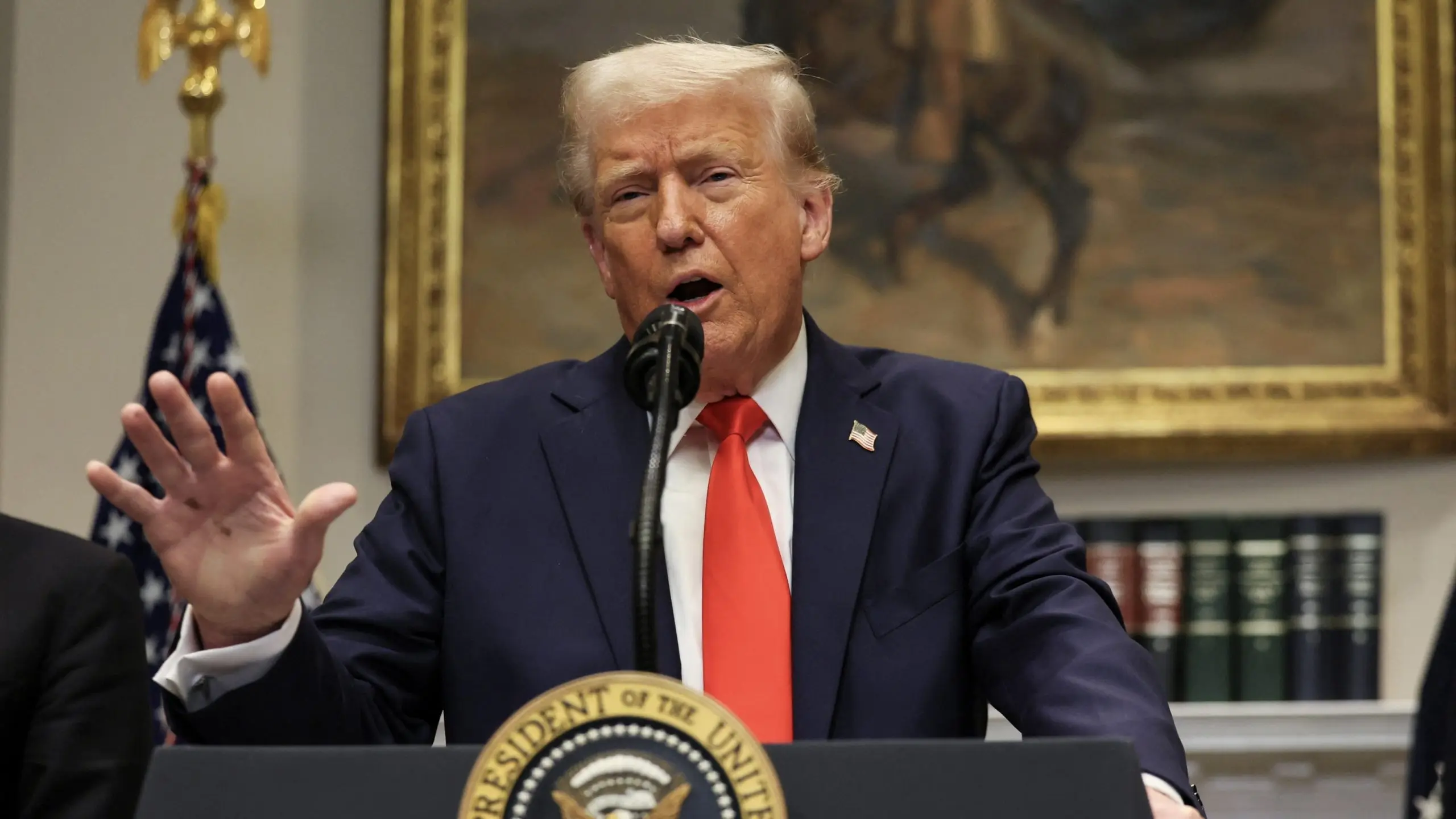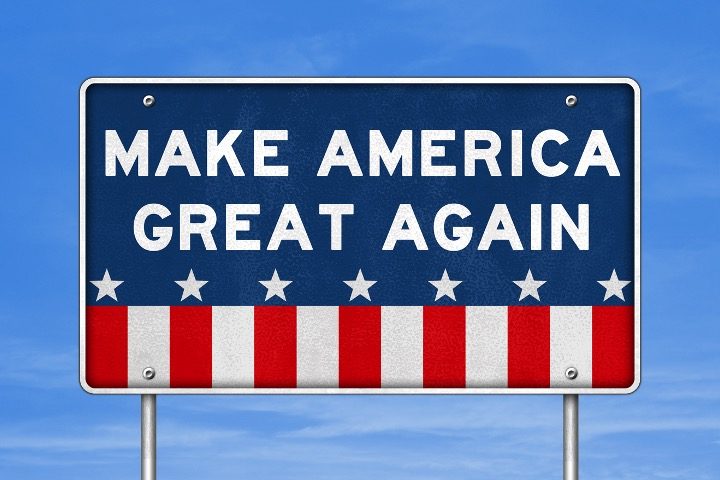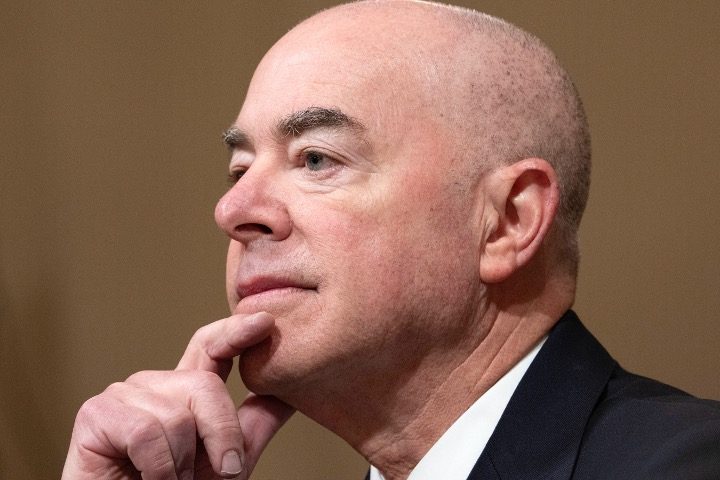
It seems Canadian Prime Minister Justin Trudeau has taken a page out of Joe Biden’s playbook by blaming the “Ultra MAGA” movement for all his woes.
During a recent joint press conference with visiting European leaders, Trudeau, leader of Canada’s Liberal Party, took a shot at “American MAGA influence,” blaming it for his country’s Conservatives decision to oppose a measure to fast-track a trade deal with Ukraine.
As Politico reports, Trudeau on Friday was hosting European Council President Charles Michel and European Commission President Ursula von der Leyen when he used the opportunity to accuse the Conservative Party in Canada of “starting to parrot Russian disinformation and misinformation and propaganda.”
There are 1.4 million Ukrainian Canadians, making Canada home to the second-largest Ukrainian diaspora in the world after Russia. Not surprisingly, this means that Canadian politicians of all party affiliations have generally been supportive of Ukraine’s war effort against Russia.
Thus, the Canadian media was shocked when Conservative leader Pierre Poilievre and his party this week united as a bloc against legislation to update the Canada-Ukraine Free Trade Agreement to put it on the fast track in order for Ukraine to more rapidly attract investments that would allow it to rebuild.
The effort to speed up the process was made at the request of Ukrainian President Volodymyr Zelensky. The Canada-Ukraine Free Trade Agreement was signed in the fall. Despite Conservatives’ opposition, the updated bill was approved with the aid of Bloc Québécois and New Democratic Party MPs, and has advanced to study at the committee level.
Conservatives claim they opposed the measure on the grounds that it would enact a carbon tax, which Poilievre has promised to resist. The soaring cost of living in Canada has boosted public distaste for Trudeau’s climate policies and led to increased support for Poilievre.
But Trudeau and his allies called the argument “frankly absurd,” claiming no such provision to implement a carbon tax exists in the Ukraine bill.
Rather, Trudeau declared, Conservatives’ opposition is really due to Trumpian and Russian influences.
“The real story is the rise of a right-wing American, MAGA influence thinking that has made Canadian Conservatives, who used to be among the strongest defenders of Ukraine … turn their backs on something Ukraine needs in its hour of need,” said the Canadian prime minister.
Despite Trudeau’s assurances that the Ukraine bill has nothing to do with his climate policies, he is marching forward with his green agenda, and the European leaders he hosted joined him for that very purpose.
Politico notes:
Trudeau was hosting European Council President Charles Michel and European Commission President Ursula von der Leyen … for a two-day leaders’ summit at which a new EU-Canada green alliance was formally announced.
Von der Leyen also confirmed that the European Union will formally join Canada’s global carbon pricing challenge to get all countries on board with emissions trading or a tax to lower emissions.
Trudeau may have been speaking dismissively of small-government conservatism with his derisive remarks about “right-wing American MAGA influence,” but he is not off the mark in his observation that the unique brand of American conservatism that has in recent years become associated with Donald Trump and his supporters appears to be gaining traction in other countries, although the media calls it by various names — nationalism, far-right, etc.
For example, libertarian economist Javier Milei this month shocked the world when he won the Argentine presidential election, upsetting the country’s long-standing socialist establishment. Milei vows to abolish numerous government departments and closely align the country with the United States, rather than with China.
Moreover, Milei has praised Donald Trump, and Trump said after the Argentine election that he plans to visit Milei in Buenos Aires.
Soon after the Argentine election, longtime right-wing nationalist and euroskeptic Geert Wilders unexpectedly scored a huge win in national elections in the Netherlands, gaining 35 seats and the right to form the next Dutch government.
Wilders has long been a polarizing figure in Dutch politics, with his outspoken opposition to Islam and criticism of the European Union.
Does the slew of wins for the Right on opposite sides of the Atlantic signal a momentum for conservatism that could extend to the United States in the 2024 presidential election? Such an assumption would not be unfounded.
After all, Trump’s 2016 electoral victory was preceded by the success of Brexit in the United Kingdom. Moreover, it is not just elections that show a sign of increased support for right-wing political ideas: In Ireland, citizens have been protesting and even rioting in the streets in opposition to migration after a migrant stabbed three children.
And in Spain, people have been marching in the streets by the thousands to protest the Socialist government’s amnesty law absolving Catalan’s separatists.
After a few years of the Left bringing lockdowns, mass migration, inflation, war, and high costs of living, the citizenry in various parts of the world seems ready to give the political Right a shot at governance again.
Shop For Night Vision | See more…
Shop For Survival Gear | See more…
-
Sale!

Tactical Camo Nylon Body Armor Hunting Vest With Pouch
Original price was: $49.99.$39.99Current price is: $39.99. Select options This product has multiple variants. The options may be chosen on the product page -
Sale!

Portable Mini Water Filter Straw Survival Water Purifier
Original price was: $29.99.$14.99Current price is: $14.99. Add to cart



















































